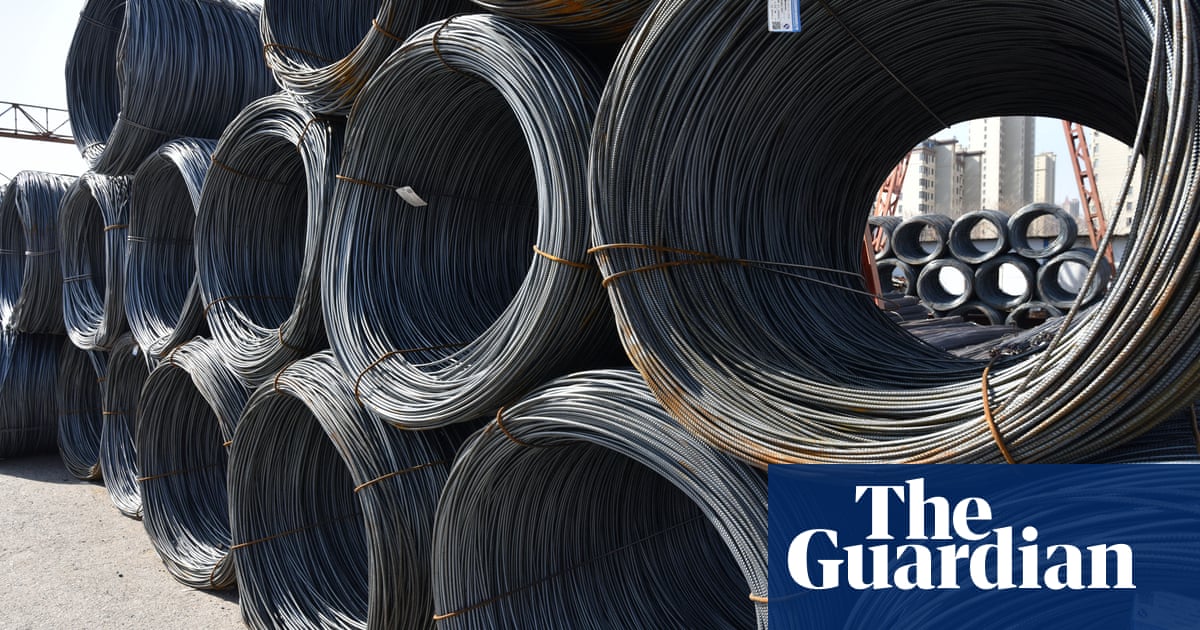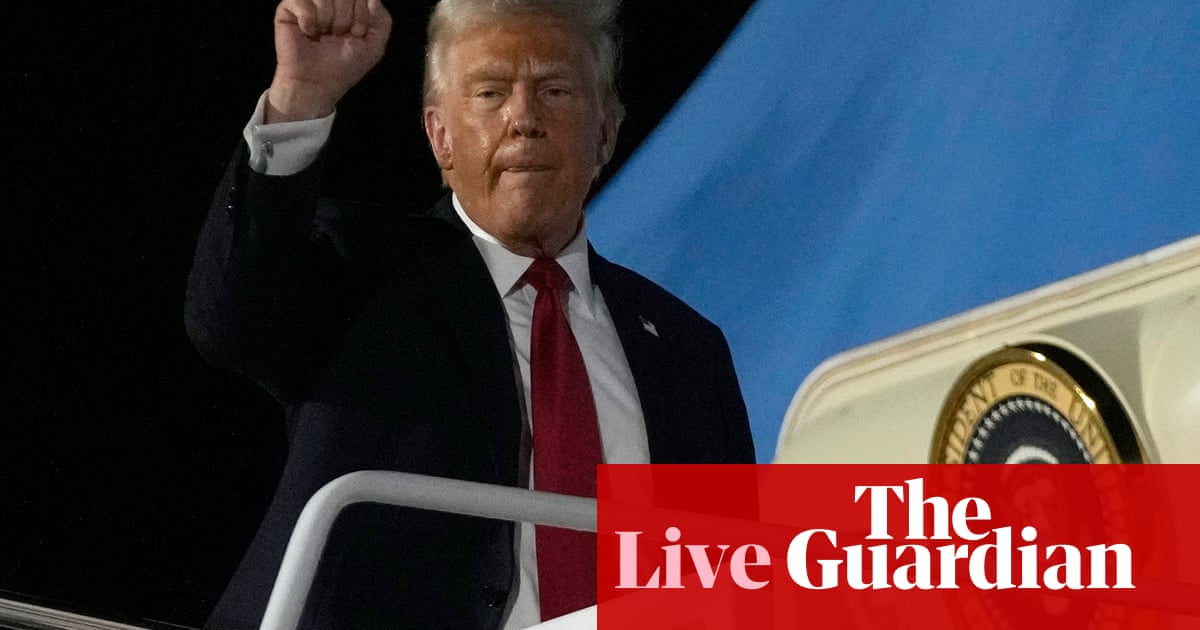By Tom Hals
WILMINGTON, Delaware (Reuters) - U.S. President Donald Trump's furious pace of orders slashing foreign aid, sending troops to the border and pardoning violent criminals has met little resistance in Congress. Federal judges are delivering the strongest signal yet of a looming showdown -- with the rule of law.
On Saturday, a federal judge in Manhattan temporarily blocked Elon Musk and his DOGE government efficiency team from Treasury Department systems that process trillions of dollars of payments. In recent days, judges have also temporarily prevented administration policies from freezing billions of dollars in federal grants, dismantling America's foreign aid agency, altering transgender rules and adopting a plan to buy out thousands of federal workers.
U.S. District Judge John Coughenour in Seattle delivered a forceful message at a Thursday hearing that Trump must respect the rule of law as he temporarily blocked one of Trump's most controversial policies, ending birthright citizenship.
"There are moments in the world’s history where people look back and ask, 'Where were the lawyers? Where were the judges?' In these moments, the rule of law becomes especially vulnerable," said the judge, who was nominated by Republican former President Ronald Reagan. Applause broke out in his courtroom.
The judiciary, which is emerging as the bulwark against Trump's sweeping policy initiatives at a time when other checks on his power have been absent, over the weekend became a focus of both Musk and Vice President JD Vance on Musk's social media platform X.
"I’d like to propose that the worst 1% of appointed judges, as determined by elected bodies, be fired every year. This will weed out the most corrupt and least competent," Musk, who is the world's richest person, posted after Saturday's ruling against his DOGE team.
"Judges aren't allowed to control the executive's legitimate power," Vance posted on Sunday.
Ultimately, birthright citizenship and other policies that run counter to long-standing norms seem destined to be decided by the U.S. Supreme Court, which has a 6-3 conservative majority and includes three Trump nominees.
RAISING ALARMS
Controversy and legal boundary-pushing run through the president's executive order blitz -- he's signed at least 60 as of Sunday, compared to 12 during the same period in his first presidency, according to the White House and Federal Register.
Trump's orders have alarmed constitutional scholars who have warned he lacks authority to sweep away agencies, ignore spending laws and fire inspectors general who are meant to be a check on abuses.
The U.S. Constitution gives Congress authority over spending matters, but Republicans, who control both the House of Representatives and the Senate, have cheered on his sweeping government overhaul, even though it has frozen funding that they had previously approved.
There has been no sign of pushback from the Department of Justice, which has traditionally operated with a degree of independence from the White House. Emil Bove, a DOJ leader and Trump's former defense lawyer, has scoured its ranks to identify prosecutors and FBI agents who investigated Trump supporters who attacked the U.S. Capitol on January 6, 2021. Bove has already fired several top officials who worked on the effort.
A legal resistance is emerging among Democratic state attorneys general, advocacy groups and unions which have filed at least 39 lawsuits and scored initial victories.
However, orders blocking Trump policies are mostly temporary. In the coming weeks judges and appeals courts will be forced to address questions that could bind the president to long-standing norms and laws -- or expand his power.
Coughenour's order, for example, has been appealed to the U.S. Court of Appeals for the Ninth Circuit in San Francisco, one stop below the Supreme Court.
The appeals court will consider whether the Seattle judge was correct in finding that it was "blatantly unconstitutional" for Trump to limit citizenship to U.S.-born children with at least one American parent or one parent with permanent legal residence.
REWRITING THE LAW
Trump's policy would rewrite the law by denying citizenship to U.S.-born children of parents who are temporary foreign workers, tourists, students and, most importantly for Trump, those in the country illegally.
Trump's orders are creating cases that conservative legal advocates have hoped to put before the Supreme Court.
For example, some conservative legal scholars have argued that a president should have sole authority over the entire executive branch, including independent agencies and boards that Congress put beyond the reach of the executive branch.
That theory may be soon put to the test. Trump fired an independent member of the U.S. labor board that enforces workers' rights, an unprecedented move that seems to violate a law preventing removal by the president, drawing a lawsuit.
Trump and opponents are also on a legal collision course over laws that prevent a president from spending less on a program than Congress mandates, that bar removal of inspectors general or that shield private government information from outsiders like Musk, who is rooting through agencies' systems to hunt for waste.
Court cases can also take years. By the time policies such as ending foreign humanitarian aid are ruled illegal, it might be too late to repair the damage done to projects that depended on the money, such as hospitals in refugee camps and clearing land mines in war zones.
"The courts are important, but they won't save us alone," said Dan Urman, a professor at Northeastern University School of Law, where he specializes in public policy. "Eventually it could end up with the courts rewriting the law and pushing executive power to be even stronger and moving the goalposts in a way that gives him more authority."
(Reporting by Tom Hals in Wilmington, Delaware; Editing by Amy Stevens and Lisa Shumaker)

 German (DE)
German (DE)  English (US)
English (US)  Spanish (ES)
Spanish (ES)  French (FR)
French (FR)  Hindi (IN)
Hindi (IN)  Italian (IT)
Italian (IT)  Russian (RU)
Russian (RU) 























Comments